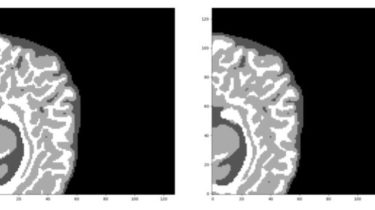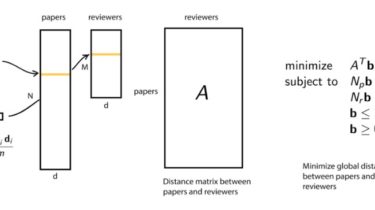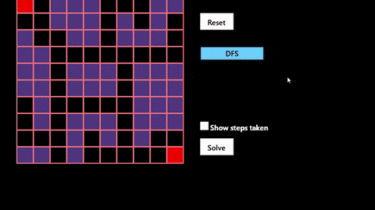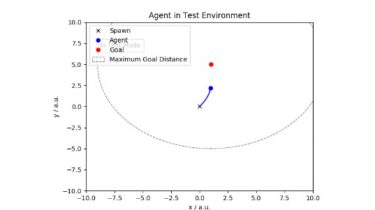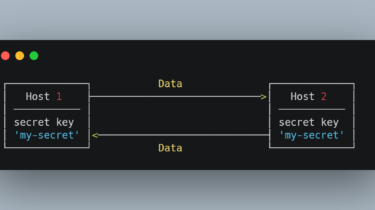This Python package implements algorithms for multiviews (multimodals) learning
scikit-multimodallearn scikit-multimodallearn is a Python package implementing algorithms multimodal data. It is compatible with scikit-learn, a popularpackage for machine learning in Python. Documentation The documentation including installation instructions, API documentationand examples isavailable online. Installation Dependencies scikit-multimodallearn works with Python 3.5 or later. scikit-multimodallearn depends on scikit-learn (version >= 0.19). Optionally, matplotlib is required to run the examples. Installation using pip scikit-multimodallearn isavailable on PyPIand can be installed using pip: pip install scikit-multimodallearn Development The development of this package follows the […]
Read more


